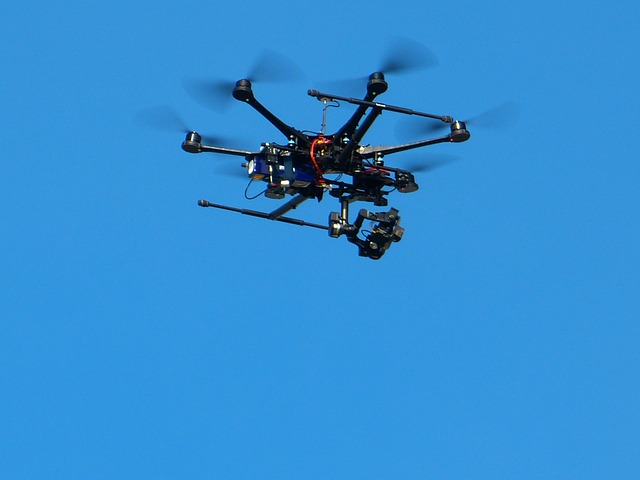Last Updated on February 15, 2016
There are of course, lots of laws and legislation which concern hacking all over the world. In UK they have the Computer Misuse Act and the US has the Computer Fraud and Abuse Act both can lead to heavy penalties to your wallet and liberty. Although it’s quite interesting to see how those laws apply if you’re not an individual hacker operating alone but rather a Government security agency like GCHQ for instance.
Well we’ve had some clarification after a legal challenge raised by the campaigners Privacy International who have claimed GCHQ have overstepped the mark with their internet operations which are effectively breaking European law. The case has been raised in response to the numerous revelations by Edward Snowden concerning state sponsored spying conducted by the US and UK Governments.
During the hearings, which were held by the Investigatory Powers tribunal (IPT), we heard for the first time an admission by GCHQ that they did hack computers, phones and other devices located in the UK and abroad. It’s no great surprise of course, the previous responses consisted of we are not able to ‘confirm or deny’, but it felt like progress that at least an admission was made.
There is a real worry that the countries who have the most effective and extensive privacy protection laws, are actually ignoring their own legislation when it comes down to ‘security agencies’. Many people who live in undemocratic countries with a surveillance culture will even buy a proxy to route their information through the UK or USA.
Unfortunately rather than ruling against GCHQ they actually have approved their behaviour presumably including the siphoning of huge amounts of private individuals data. The IPT ruled that the the security agencies conduct was lawful and proportionate. It also looked at the new code of practice for hacking or it’s legal description – ‘equipment interference’ published by the Home Office and deemed this a suitable operating policy.
It all seems rather establishment condoning the behaviour of another part of the establishment, although the panel of senior judges was supposed to be independant.
Privacy International who were backed by seven ISPs were understandably disappointed by the ruling and said that they would continue to challenge ‘state sponsored hacking’ attempts in order to protect democratic and principles of human rights.
The whole affair seems doomed to failure, the judges quickly siding with the government, the working guidelines which were deemed unnecessary before the spying revelations of the whistleblower Snowden. The way these guidelines were instantly rubber stamped by the same group of ‘senior judges’ is extremely convenient and certainly don’t legitimize most of the hacking conducted by GCHQ.
State condoned hacking on a wide scale is sinister and anti democratic, it also undermines computers and the internet much the same way that bugging every telephone would the phone system. For people concerned about their privacy and security, who invest in security products, it is perhaps best now to look away from using a British VPN and perhaps look at one based in a more democratic society instead.

